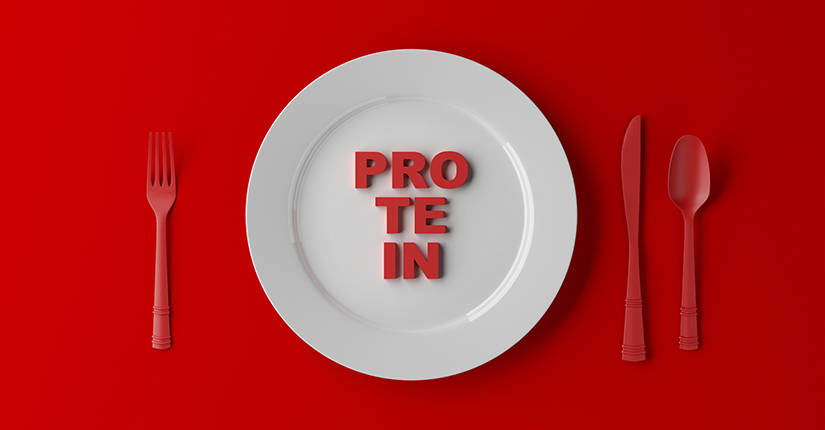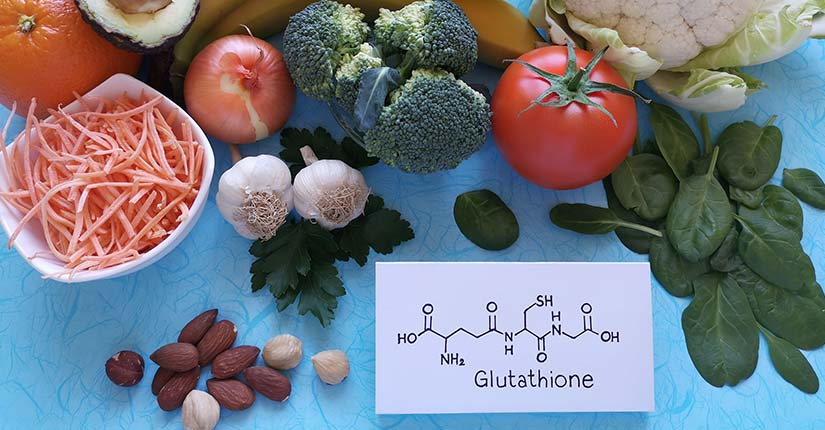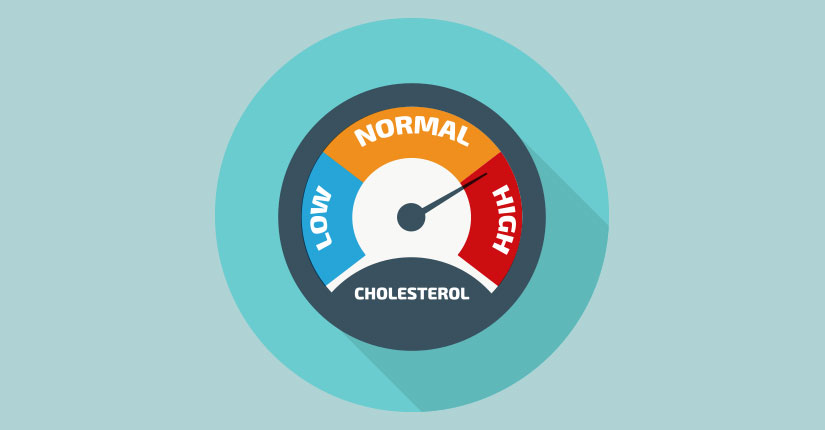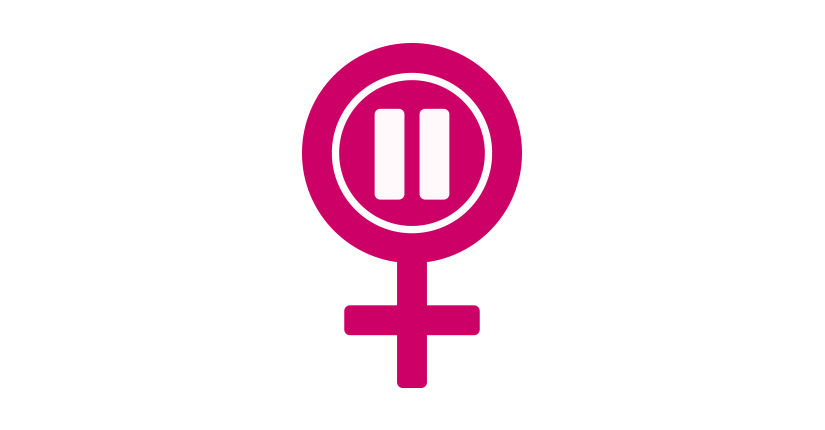The Importance of Folic Acid in Down Syndrome Children
By Nmami Agarwal 25-Oct 2021 Reading Time: 4 Mins

Folic acid, also known as folate is an important B vitamin that is responsible for cell division and growth and is therefore of particular importance during infancy and pregnancy. It is vital for pregnant women to consume folic acid in order to avoid pregnancy-related birth defects. Folic acid deficiency has been associated with slowed growth, anaemia, weight loss, digestive disorders, and some behavioural issues. Folic acid deficiency often results in birth defect known as Down syndrome among children.
Folic acid and Down syndrome
Down syndrome is one of the most common birth defects and a genetic disorder caused when abnormal cell division results in an extra copy of chromosome 21. The children born with this condition usually have some degree of mental retardation as well as distinctive physical features. Some of the evident symptoms of Down syndrome include intellectual disability, short height, distinct facial features, and other developmental delays in the child’s body. The risk factor of developing Down syndrome is the low levels of folic acid consumption by the mother’s at the time of pregnancy, advancing maternal age, or having one child with Down syndrome.
According to a study, a report explained that there is evidence that some mothers of Down syndrome children have abnormal metabolism of folate as well as mutations in folate genes, so they need to take folic acid supplements in their diet.
Children with Down syndrome are at an increased risk for many co-morbid autoimmune and oncologic conditions that may require chronic treatment. In addition to potential genetic causes of metabolic folate dysregulation in children with Down syndrome, non-genetic factors such as diet, gender, and age must be considered. Children should fully meet their folate needs through their diet since they lack the enzymatic machinery necessary to synthesize their own. As a result, variation in dietary folate intake is a major contributor to inter-individual differences in systemic folate status. Therefore, dietary folate supplementation in children with Down syndrome represents an approach to replete tissue folate levels in children with Down syndrome. You can also eat a diet rich in folate. Folate can be found in foods like beans, peas, and lentils; oranges and orange juice; asparagus and broccoli; and dark leafy green vegetables such as spinach and mustard greens.
Over to you:
It is important to note that Down syndrome is a serious disorder among children and its effects can be minimized by meeting the need for folic acid depending upon the child’s requirement. Before starting any supplements in your child’s diet, do consult a doctor for better guidance and understanding.





















